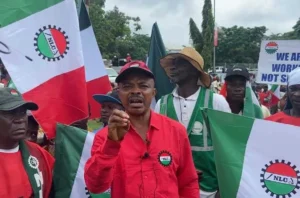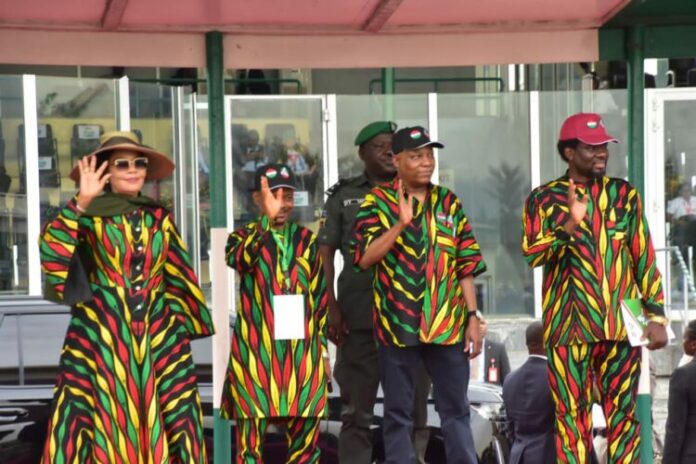The proposed national minimum wage has sparked a heated debate between labour representatives and the government. The Tripartite Committee on National Minimum Wage has urged Labour to reconsider its demand of N250,000, citing challenging economic conditions and various government incentives.
U
Chairman Bukar Goni Aji highlighted measures such as a N35,000 wage award for federal workers, substantial funds allocated for transportation, agriculture, and manufacturing sectors, and palliatives like the N25,000 disbursed to 15 million households for three months. He argued that these measures, along with a recent salary increase of 25 to 35 percent for federal workers and a significant subsidy on health costs, should suffice for Labour to accept the government’s N62,000 offer.
However, Labour representatives swiftly dismissed Aji’s appeal, accusing him of being out of touch with the harsh realities faced by Nigerian workers. Labour’s demand is grounded in a nationwide survey that reflects the true cost of living in Nigeria. The spokesperson pointed out drastic increases in essential goods and services driven by government policies, which have significantly eroded workers’ purchasing power.
The Minister of Budget and Economic Planning, Atiku Bagudu, explained that lean resources were behind the governors’ rejection of the N62,000 minimum wage. He noted that while the federal government strives to improve living conditions through various initiatives, financial constraints faced by states necessitate a more balanced approach to the minimum wage issue.
Amid the ongoing debate, the Anglican Communion called on both federal and state governments to ensure workers receive a living wage. The church emphasized the need for fiscal prudence and accountability, urging the government to prioritize the welfare of Nigerian workers.
Senate Leader Opeyemi Bamidele urged the Nigeria Labour Congress (NLC) and the Trade Union Congress (TUC) to accept any government offer above N60,000 in the spirit of dialogue and national interest. His call for compromise comes in light of the federal government’s promise to make further concessions in the ongoing negotiations.
As the debate continues, the Tripartite Committee and Labour remain at odds, with each side standing firm on their respective positions. The resolution of this wage dispute is crucial for maintaining industrial harmony and ensuring that Nigerian workers receive fair compensation that reflects the current economic realities.




